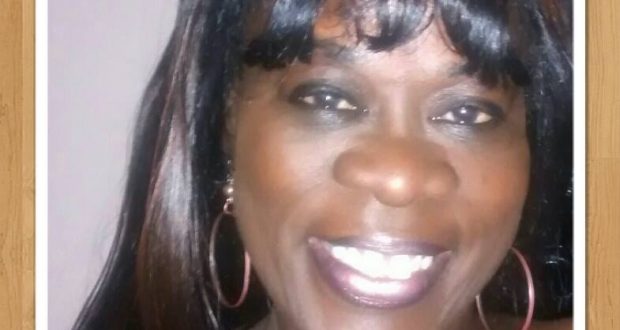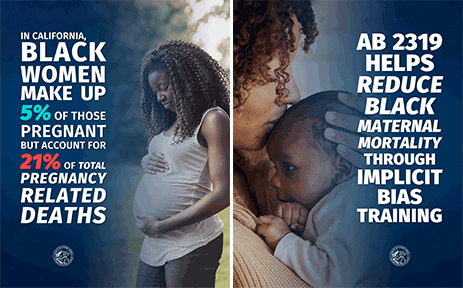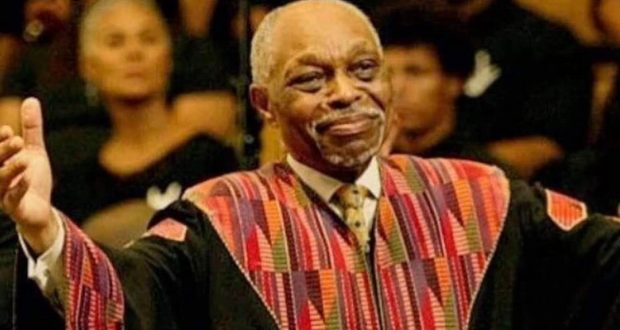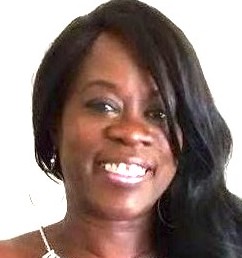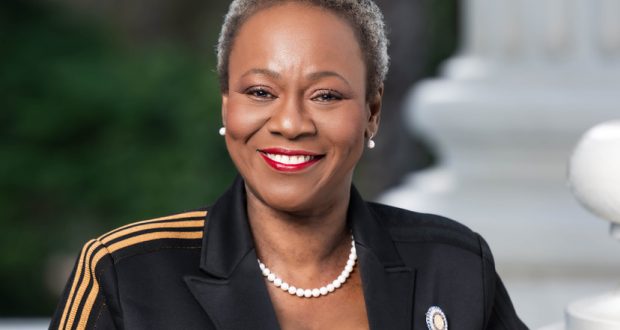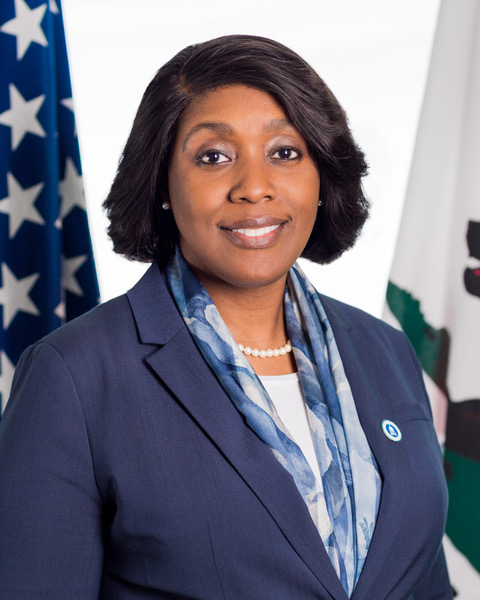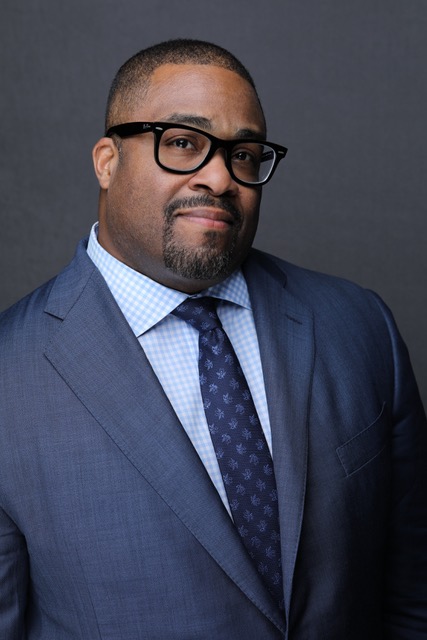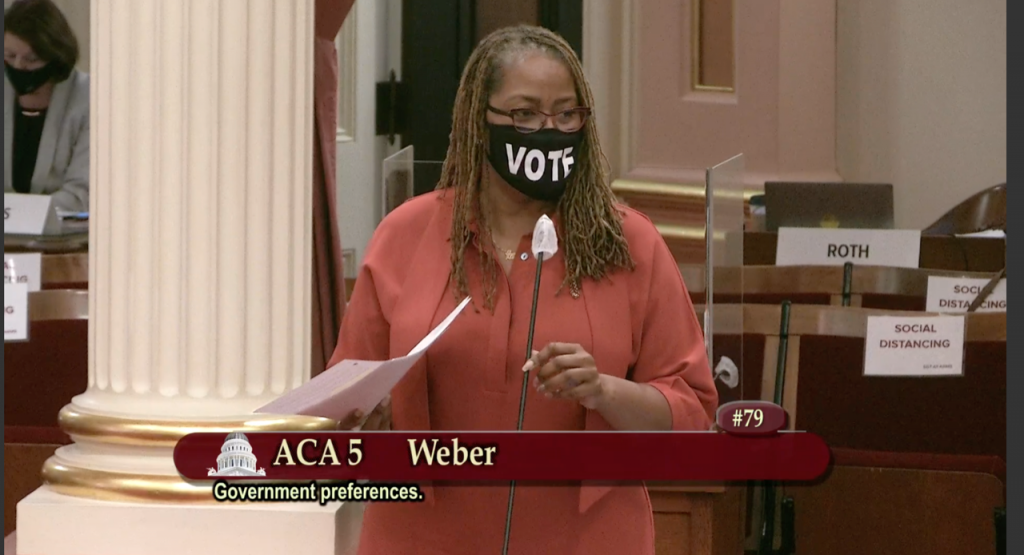As the list of higher education institutions apologizing for their role in the slave trade grows it is time investing in historically black colleges and universities (HBCUs) institutions is prioritized. Democratic presidential candidates increasingly acknowledge the need to study the question of reparations. Ta-Nehisi Coates fastidiously establishes “The Case for Reparations” in a 2014 Atlantic Magazine article and environmental justice expert, Mustafa Ali, advocates reinvestment in underserved communities to ensure a just transition to a clean energy economy.
Today, the top five well-endowed institutions that benefited from slavery possess collective endowments in excess of 100 billion and the total for the richest twenty exceeds 200 billion. The combined total for all 100 HBCU endowments is slightly more than two billion and not a single HBCU possesses a billion-dollar endowment.
Comparatively small investment from the endowments of institutions that benefited from slavery can help to restore HBCUs as anchor institutions. Collaborative research initiatives focused on closing persistent gaps would set the stage for deeper equity commitments. Financing infrastructure projects will dramatically reduce deferred maintenance, cut energy and operating costs and will generate a return on investment with enormous social, environmental and economic dividends.
Fifty years of targeted efforts have failed to close the educational achievement gap between black and white students. In the absence of a concerted effort on the part of academia to deconstruct racist pseudo-scientific rationales woven into the American fabric for four centuries, disparities are likely to persist unabated.
Recent research, most notably Craig Steven Wilder’s Ebony & Ivy, documents the significant contribution that enslaved people and the slave trade made to the development of virtually all of the oldest and most well-endowed higher education institutions. According to Wilder, “the first five colleges in the British American colonies-Harvard, William and Mary, Yale, Rutgers … were major beneficiaries of the African slave trade and slavery.”
Two hundred years after the founding of Harvard the first HBCUs were established to educate former slaves and their descendants. Remaining true to their mission, today black colleges educate a disproportionate share of low-income and first-generation college students. HBCUs also play a critical role in deconstructing ideologies that perpetuate systemic racism that undergirds health, education and wealth disparities.
Apologists for slavery seldom accept responsibility for deconstructing lingering misconceptions about race that negatively impact blacks and other people of color. Conversations about the wealth gap have yet to explore the impact of endowments in exacerbating the gap. Instead of exploring opportunities for leveraging and sharing wealth, elite institutions publish public apologies, rename buildings and provide scholarships for direct descendants of individual slaves. While commendable, these acts suggest narrow individual impact rather than collective disadvantage experienced by an entire community. With all of the attention on expanding wealth inequality, examination of the role of endowments remains muted.
Observing that, “wealth begets wealth,” noted minority-serving institution scholar Marybeth Gasman finds that racism plays a role in the expanding endowment disparity. According to Gasman, Black colleges are not trusted to manage funds and this depresses giving. Endowment size is considered an important measure of institutional wellbeing and institutions with small endowments are considered weak with limited ability to support operations.
Just because elite institutions declared African peoples as less than fully human, profited from their sale and labor, justified and promulgated racist ideology that clearly disadvantaged an entire race, does not obligate the sharing of wealth. Rather, it is enlightened self-interest that should inspire action.
Increasing access to the highest quality education, disseminating proven sustainability strategies and elevating the standard of living especially for the most vulnerable should be shared goals for all of higher education. Working in partnership with HBCUs and leveraging the power of endowment investment, American higher education can usher in an era of change defined by improved quality of life for all. This approach will also help to end the myth of black inferiority by eradicating educational achievement gaps.
Investing in historically black colleges and universities is possibly the most socially responsible investment that well-endowed institutions can make, especially those that profited from slavery.
 Westside Story Newspaper – Online The News of The Empire – Sharing the Quest for Excellence
Westside Story Newspaper – Online The News of The Empire – Sharing the Quest for Excellence
